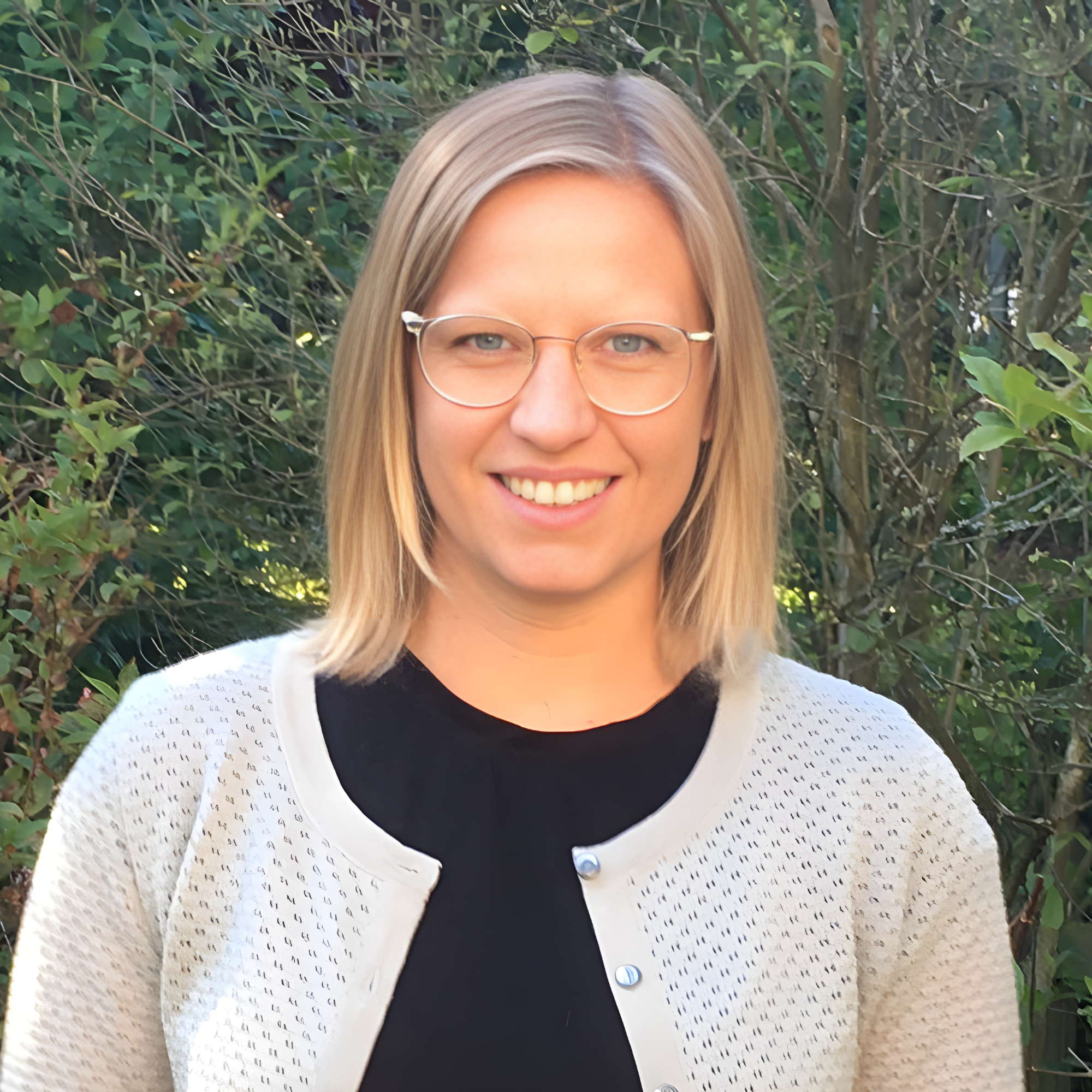#ExpertVoices: Julia Scheerer (she/her)
“I would like to encourage everyone who decides on the success of other people’s companies to be aware of their own prejudices and to make better decisions based on reflection.”

How can the start-up landscape in Germany become more inclusive? This is the question that Julia Scheerer from the Bertelsmann Stiftung is working on.
You have been working at the Bertelsmann Stiftung for 12 years - what topics have moved you the most during this time?
The work at the Bertelsmann Stiftung is enormously diverse. Over the past few years, I have worked on numerous exciting initiatives, so it is difficult to make a selection or prioritize. In my current context, it is particularly exciting to translate findings into recommendations for action or to follow how they are put into practice. For example, we know that starting a business and having a family at the same time is difficult to reconcile. Reform proposals on how to improve the financial situation of couples during parental leave are on the table. But who will now tackle these proposals and how, and ensure that better framework conditions are created to make starting a business more attractive, especially for young women?
The current overarching project is called "Strengthening innovation and start-up dynamics" - can you tell us something about the aims of the project?
Our competitiveness, prosperity and social progress are largely based on the dynamics of innovation and entrepreneurship. At the Bertelsmann Stiftung, we develop research-based concepts and action-oriented solutions to promote these dynamics. In Germany, we still have a long way to go – both in terms of the number of start-ups and the diversity of their founders. Who dares to start a business, who doesn’t and why? We want to provide answers to the question of how the start-up landscape in Germany can become more inclusive.
How do you see the link between innovation and fostering an inclusive start-up landscape?
We all know that: More diverse teams are more resilient and more innovative. Innovative business ideas are not created where the masses are, but at the peripherals, often by those who are marginalized.
What are the biggest challenges and barriers on the way to a more inclusive start-up landscape?
If you want to look at groups that exclude people on the basis of diversity characteristics, the barriers can always be found in the following areas: Access to networks, tapping into funding sources, identifying and building start-up knowledge. It will be an immense challenge to sensitize people who are involved in deciding on the success of start-ups to their own preconceptions, as they make strongly prejudiced decisions. One criterion that is often mentioned, for example, is the entrepreneurial personality that must be right in order to found a company successfully. However, it is really difficult to objectively identify what characterizes this personality.
Your current focus in the project is on the topic of the social background and the founding of a company. What are your first findings and what challenges do you see in this area?
There are too few female entrepreneurs in Germany who do not have a background related to entrepreneurship. The founders who do not have this background are in no way less ambitious, and it is often said that these founders are just as hungry. However, they realize their projects under more difficult growth conditions.
If you could name three solutions that would have the greatest impact on the path to a more inclusive start-up landscape, what would they be and why?
I would urge people who make decisions about the success of other people’s companies to be aware of their own biases and make better decisions based on reflection. Prejudices are important, they help us to structure ourselves, but at the same time this structuring is a hindrance because it blinds us and leads us to make false or abbreviated judgments.
All in all, it would be helpful to re-evaluate entrepreneurship in Germany. It is of little help that the economy, politics and society continuously and so extensively prioritize the conditions for employment and paid work.
Last but not least: Our founding landscape will only be inclusive when we reach the point where no program has to identify and support individual groups and offer them a safe space for development. We need to work on that.
